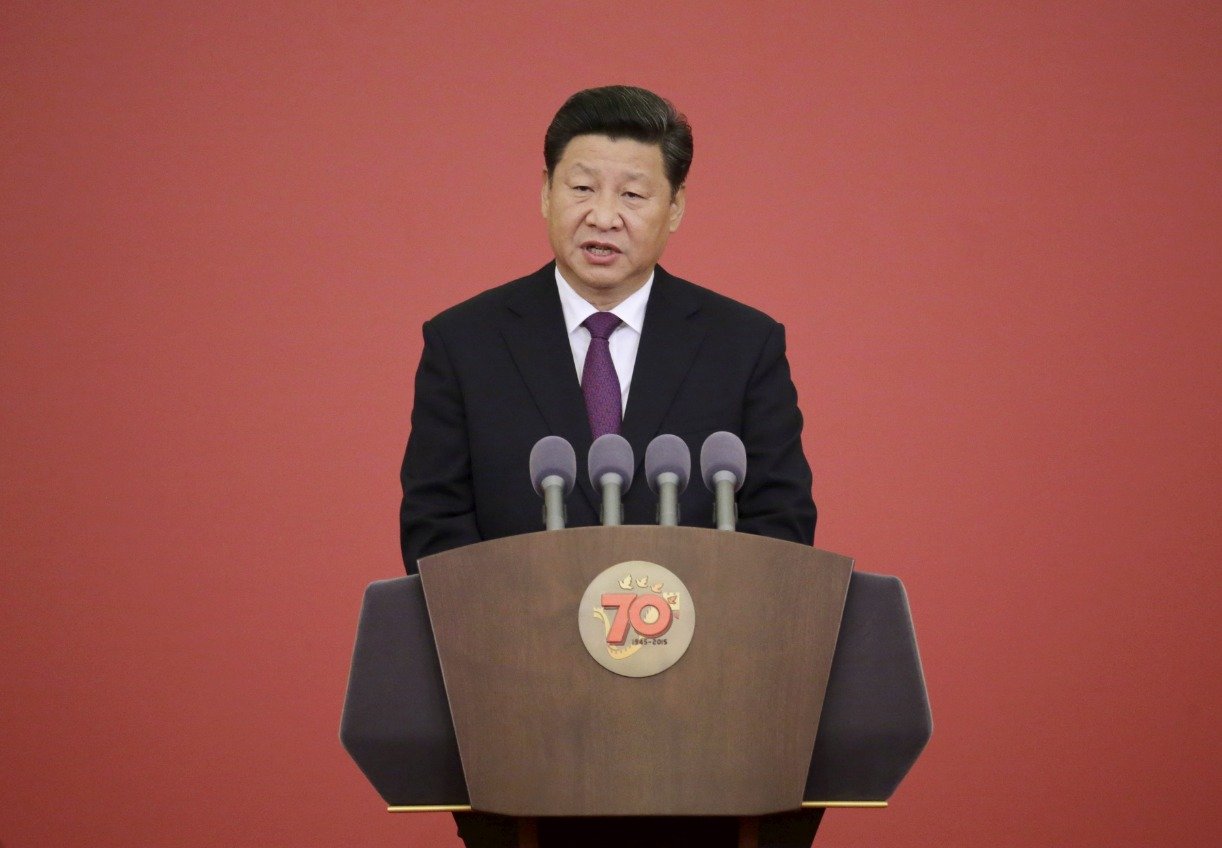Hidden Weakness: Cyberwarfare Can Bring Down Xi Jinping
Domestic resistance to Chinese president Xi Jinping is currently manifesting in a wave of sensitive data leaks from within China. This is decisive for two reasons. First, it reveals a sharp value divergence between the policies and practices of the Communist Chinese regime and the rapidly changing political culture of the Chinese people. If this critical vulnerability is escalated by agents within or outside of China, it could lead to a crisis of legitimacy in Beijing. Second, these data leaks reveal China’s asymmetric susceptibility to cyber warfare. Beijing’s hyper-sensitivity to attacks on its legitimacy, both historically and with the current government, provide a powerful retaliatory instrument against hybrid Chinese aggression, as well as China’s cyber espionage and public diplomacy campaigns.
A recent spate of classified file leaks from China is a strong indicator that there is a factional struggle in the lead-up to the crucial 20th National Congress of the Chinese Communist Party (CCP) that will determine whether President Xi Jinping will secure an indefinite appointment as General Secretary. Xi Jinping, whose support base is narrow within the party but benefits from strong popular support, faces those targeted by his successive anti-corruption campaigns, including the business-oriented Shanghai Gang of Jiang Zemin. For example, Jiang Zemin’s grandson, Jiang Zhicheng (Alvin Jiang), and Jack Ma’s relationship can be traced back to 2012 given Alibaba’s close affiliation with the Jiang faction. In April 2022, a book entitled China Duel, authored by a princeling with the pseudonym Yang Xiang, revealed extensive details on the Jiang faction’s attempt to have Xi demoted and dismissed at the end of Hu Jintao’s tenure in 2012.
In early 2022, well-connected British journalist John Sudworth, who has nearly ten years of experience reporting from mainland China, obtained highly classified documents known as the Xinjiang Police Files from a database containing more than five thousand photographs of Uighur detainees from between January and July 2018. Although some allege the files were hacked by an external actor, the prevailing evidence suggests that it was released…


